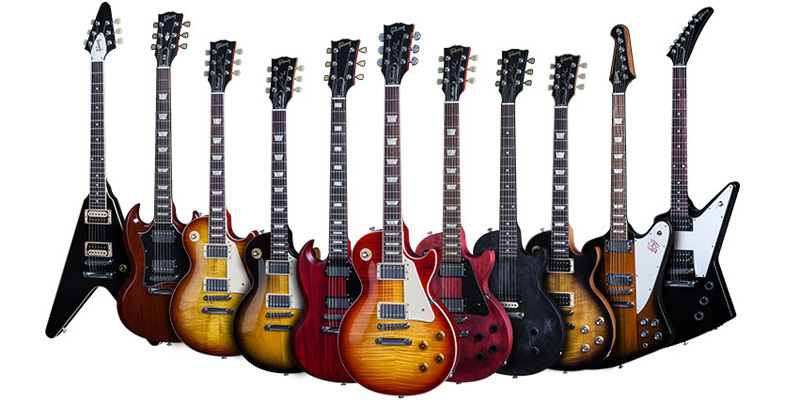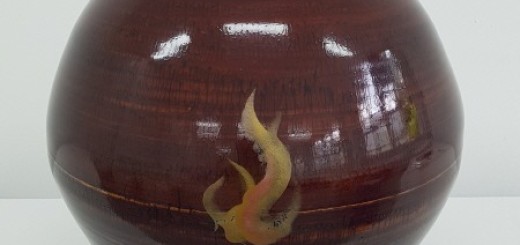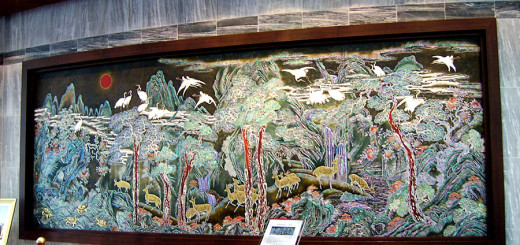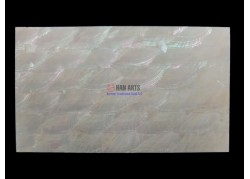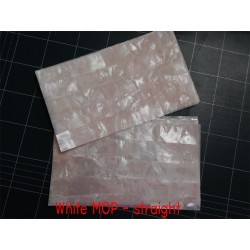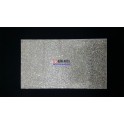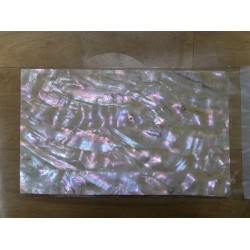President Donald Trump declared on February 2 that “the trade war is good and easy to win.” However, the prospect is that it will not be easy for the United States, which has lost its manufacturing base, to win against China, a “world factory.”
Gibson reigned as the world’s leading electric guitarist, and is expected to go bankrupt if it pays 600 billion won by August. This has come as a trap of excessive expansion into the market shrink.
Gibson, an electronics guitar manufacturer with 116 years of history, tells the story of the US manufacturing industry. Headquartered in Nashville, USA, Gibson is known for his prized electronic guitar with Elvis Presley, Eric Clapton, BB King and Carlos Santana. Along with the Arizona-based Fender, it leads to two guitars of electric guitars, but it has been positioned in the market as a high-end product compared to Fender.
A blues jazz guitarist, BB King, is a legend that has stumbled over his life to get a Gibson guitar out of the fire during a local tour. At that time, the fire broke out when two men dueled with one woman, and BB King, who came out with Gibson, named her as Tarsil. Eric Clapton, a Gibson Halo Body and Fender Stratocaster user, is made up of Gibson Les Paul, whom he used as a young man.
Gibson ‘s current address, which artists once came to my feet, is bleak. If he can not pay back $ 560 million by the summer, he is destined to go bankrupt. With sales of more than $ 1 billion a year, senior mortgage bonds reaching $ 375 million are on the way to August 1. If it can not secure funds by the end of July, Gibson will have to repay the $ 185 million bank loan.
Gibson’s owner and chief executive officer Henry G. Scwitz said in an interview with BusinessWeek, a US weekly magazine, “I had a problem with my judgment.” “Honestly, it’s my mistake.” That skewwitz led to an unreasonable expansion of the business by making the Gibson brand a “music lifestyle nike.” Investors and creditors are crying that they can rescue the Gibson brand through restructuring or debt repayment after potatoes can not be removed until the skiswits retire.
There are many reasons why Gibson came to this situation, but the first is that the age has changed. “The younger generation prefers music of a different form than the guitar,” said Grammy award-winning jazz guitarist Aldie Meola. That is why computer music has deprived the demand for guitar.
In a situation where the market is shrinking, the Skewitz has diversified its business. Gibson’s brand reputation has led to the expansion of business into acoustic home appliances. In addition to acquiring Japanese electronics maker Onkyo, in 2014, Philips acquired Ux Innovation, an audio and home entertainment division, for $ 135 million. In other industries it was ‘Big Guy’, but in the new market for acoustic home appliances it had to compete with bigger ‘Big Guy’. Cash has gone out of the process so much.
Here, raw materials such as rosewood and mahogany which are used as materials for the fingerboard and the body are prohibited, and it has been difficult to import raw materials. If the import process gets complicated, the cost will go up. While Fender preferred a mass production system, Gibson insisted on a handicraft production system. Gibson guitars are made in three factories. The Memphis plant produces hollow hollow bodies, while Nashville makes solid bodies and assembles at Bozeman, Montana. It takes about a month to make a Gibson guitar, and only about 60 units a month. Although it has achieved excellent sound through the hands of craftsmen, it is analyzed that it has hit with a direct hit in terms of production competitiveness due to market shrinkage.
“It’s Gibson, and it’s what customers want from Gibson,” he said. President Trump said he hopes the market will recognize artistry that he does not know. The Memphis plant has already sold and leased it for $ 14.1 million to secure cash.
There are also failures that are hard to recover. The distribution network has collapsed as it has undergone a difficult process. The supply and demand of raw materials and parts could not be procured on time. “All the dealers had to get bailouts over the last couple of years,” said Frank Gleason, a Gibson dealer. “There was a dealer who did not want to deal with Gibson again.”
Lawrence Juber, the lead guitarist for the Paul McCartney band in the 1970s, said, “Gibson has lost its core,” and “It’s an iconic brand, but it’s hard to imagine it disappearing.”
